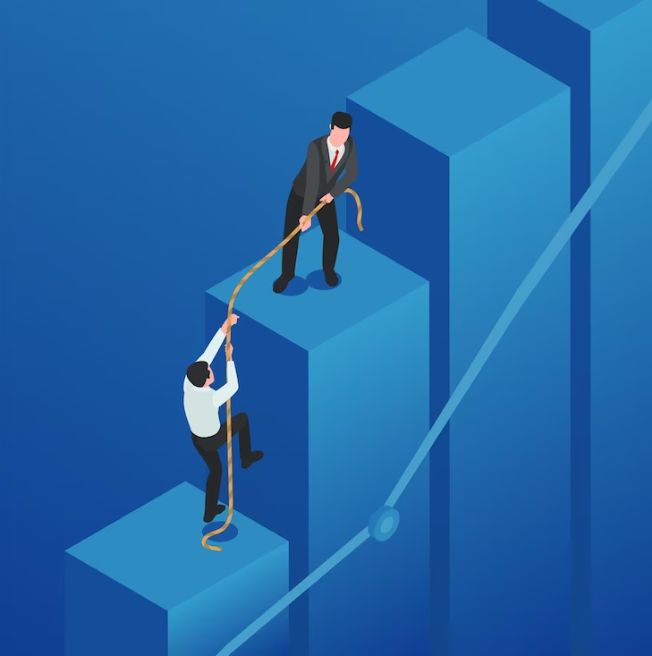In today's rapidly evolving professional landscape, career transitions—whether by choice or circumstance—are becoming increasingly common. Such shifts, while promising new beginnings, can also be fraught with uncertainty, self-doubt, and anxiety. However, a key trait can significantly smoothen this journey: career resilience. Delving into an employee-centric perspective, let's explore how one can build and leverage resilience during a career transition.
1. Embrace the UncertaintyA career transition often means leaving the familiar behind and stepping into the unknown. While this can be intimidating, it's crucial to recognize that uncertainty is not necessarily a negative.
Employee Insight: Instead of viewing uncertainty as a vast abyss, see it as a canvas awaiting your touch. This mindset shift can transform apprehension into anticipation, empowering you to approach the transition with curiosity rather than fear.
2. Leverage Past ExperiencesEvery challenge faced and every success achieved in your previous roles has equipped you with a unique set of skills and insights. These experiences, both good and bad, are the building blocks of resilience.
Employee Insight: Regularly reflect on past roles and identify skills and lessons that can be transferred to your new position. Recognizing that you're not starting from scratch but are building on a robust foundation can instill confidence during the transition.
3. Prioritize Continuous LearningThe world of work is in perpetual motion, with new technologies, methodologies, and best practices emerging constantly. Being open to learning can not only ease the transition but also fortify resilience.
Employee Insight: Dedicate time to upskilling. Whether it's taking an online course, attending workshops, or simply reading industry-relevant literature, continuous learning can ensure you remain adaptable and relevant, regardless of where your career takes you.
4. Cultivate a Supportive NetworkA strong support system—comprising mentors, peers, and even family—can be a grounding force during a career transition. These inspaniduals can offer guidance, share experiences, and provide the emotional support crucial for building resilience.
Employee Insight: Regularly engage with your network. Seek advice, share your journey, and be open to feedback. Remember, resilience is not about weathering the storm alone but about knowing when to seek shelter with others.
5. Set Clear, Achievable GoalsA transition can often feel like being lost in a sea of possibilities. Setting clear, achievable goals can provide direction, ensuring you're moving forward with purpose.
Employee Insight: Break down the transition into tangible steps. Whether it's mastering a new tool within a month or expanding your network by attending two industry events quarterly, these goals can serve as resilience-boosting milestones, marking your progress.
6. Embrace a Growth MindsetAdopting a growth mindset—the belief that abilities and intelligence can be developed—can be transformative. It ensures that setbacks are viewed not as failures but as learning opportunities.
Employee Insight: Celebrate small victories and view challenges as feedback. By focusing on growth rather than perfection, you ensure that resilience is continually nurtured, allowing you to adapt and thrive irrespective of career shifts.
7. Prioritize Well-beingWhile career transitions can be demanding, neglecting personal well-being can be detrimental, not just to health but also to resilience. A well-maintained mind and body can navigate challenges with far greater efficacy.
Employee Insight: Set aside time for self-care. Whether it's indulging in a hobby, practicing mindfulness, or simply taking regular breaks, ensuring your well-being can amplify resilience, making transitions more manageable.
Conclusion:Career transitions, while challenging, are also periods of immense growth. By actively building resilience, employees can ensure they're not just navigating these shifts but are also extracting maximum value from them. Remember, resilience is not a trait one is born with; it's a skill, meticulously honed over time. As you stand on the cusp of a new career chapter, let resilience be your compass, guiding you towards success, fulfillment, and continual evolution.





